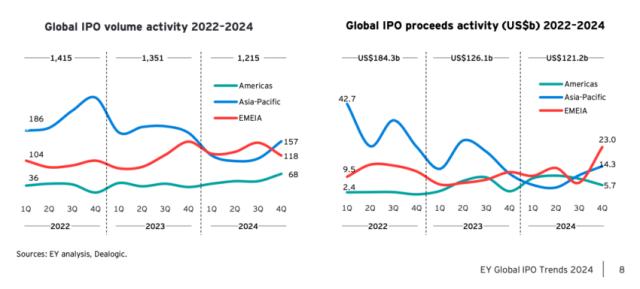Table of Contents
ToggleCriteria for Crypto Exchanges in the Pilot Program in Vietnam: Conditions, Opportunities, and Prospects.
The cryptocurrency market in Vietnam is entering a new phase as the pilot project has been essentially completed in many aspects. This is considered an important step in the process of building a legal framework for crypto, after years of being in a "gray" area of regulations.
In the initial stage, it is expected that more than one crypto exchange will be licensed to operate in the pilot program, opening up opportunities for domestic financial institutions and investors to access the market more transparently and safely.
Conditions to be "Admitted" to the Pilot
According to sources from the regulatory body, companies wishing to become pilot crypto exchanges in Vietnam must meet strict criteria:
Minimum contributed Capital of 10,000 billion dong – to ensure sufficient financial strength to operate and manage risks.
65% of capital must come from domestic organizations, with at least 35% belonging to two of the following five types: commercial banks, securities companies, investment funds, insurance companies, or technology companies.
Foreign capital limit set at 49%, to maintain control and protect national interests during the trial period.
Mr. Phan Duc Trung – Chairman of the Vietnam Blockchain Association, believes that approximately 5 exchanges may meet the licensing criteria. Some prominent names being mentioned include SSI, TCBS, and especially MB Bank – which recently announced a partnership with Upbit, one of the top exchanges in South Korea.
What Crypto Exchanges in Vietnam Are Allowed to Do
During the pilot phase, exchanges will be permitted to trade around 50 popular crypto types, including Bitcoin (BTC), Ethereum (ETH) and some high-liquidation tokens.
Notably, exchanges have the right to issue crypto linked to real-world assets (RWA). This means crypto in Vietnam will not just be a speculative tool, but can also become a legitimate capital raising channel, similar to bonds or asset-backed securities.
Unlike some countries viewing crypto as a payment tool or Web3 community-building medium, Vietnam is currently focusing on viewing digital assets as a capital raising channel. This helps limit risks in unofficial payments while opening a path to utilize blockchain for the digital economy.
International Context and Impact on Vietnam
Vietnam is not the only country testing crypto management. Many countries in the region such as Singapore, South Korea, and Japan have also implemented legal sandboxes to both regulate and promote innovation.
Notably, in the US – where President Donald Trump returned to the White House in late 2024 – crypto policies are undergoing significant changes. The new administration shows a more open stance, viewing blockchain and digital assets as part of a technology growth strategy, rather than tightening as before. This trend will somewhat influence the development direction of digital assets in Vietnam, especially in attracting foreign capital and international cooperation.







